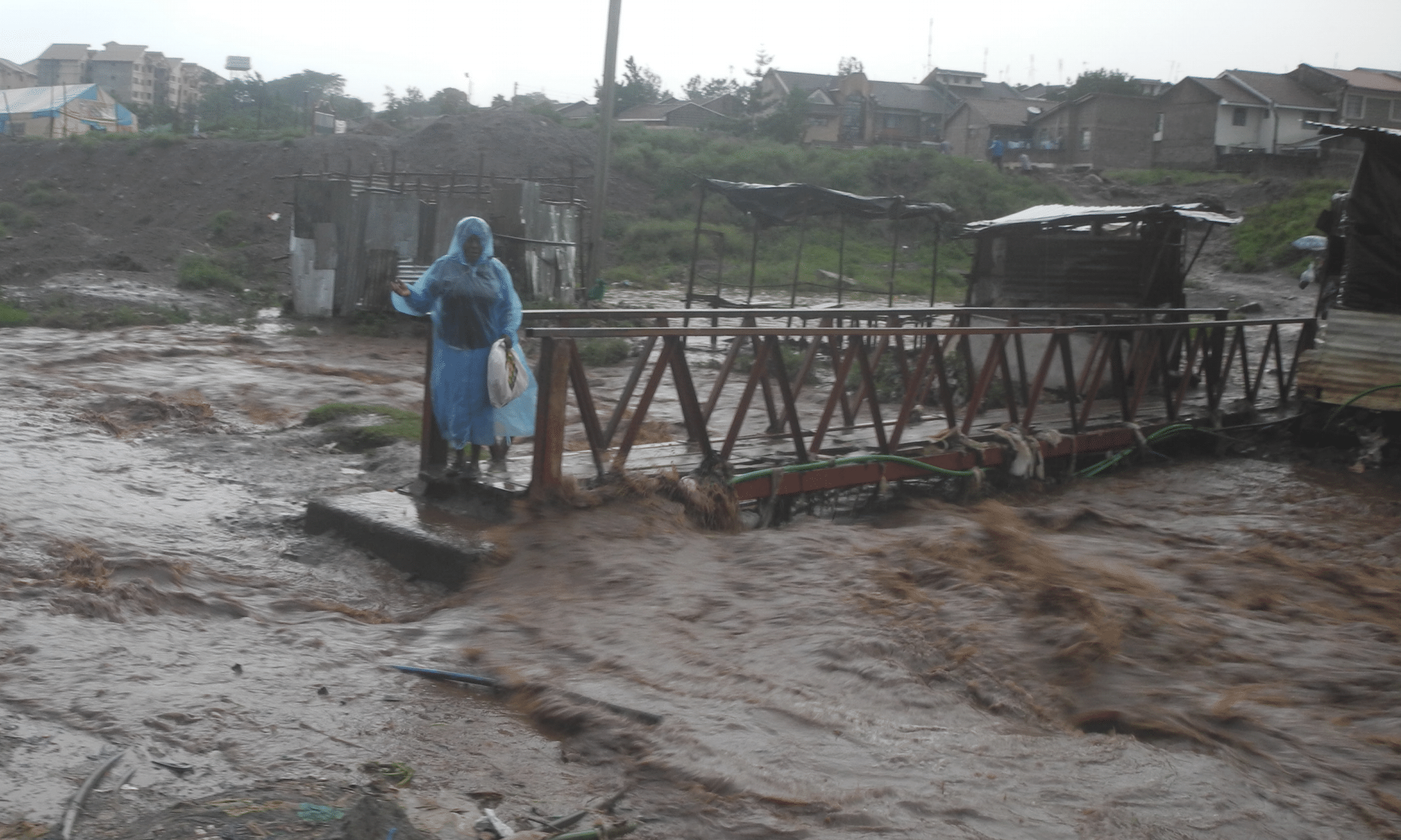
April 22, 2020, by Rob Ounsworth
Research fellow’s GCRF success: climate change and building social resilience
A Nottingham Research Fellow is the UK lead of one of 20 international networks launched today (April 22, 2020) by UK Research and Innovation (UKRI) to tackle challenges in the developing world.
Dr Arabella Fraser, of the School of Geography, is working with world-leading collaborators investigating the links between violence and climate change in marginalised city communities.
The GCRF Urban Violence and Climate Change Network is led by Dr Nausheen Anwar of the Karachi Urban Lab, Institute of Business Administration, in Pakistan.
The networks, supported by the Global Challenges Research Fund (GCRF), bring together UK researchers with collaborators from across the developing world to share expertise and find solutions.
Climate change creates conditions where violence thrives
Marginalised urban communities in the developing world are the most vulnerable to the impact of climate change and are also more exposed to violence, such as crime or state evictions.
Climate change also creates conditions where violence thrives. Research in Pakistan cities such as Karachi shows how heat stress increases aggression against women, for example, on days when men are not able to provide water. So-called climate solutions, such as resettlement, may bring their own forms of violence.
The project is bringing together two research communities – those working on violence reduction and those on adapting to climate change – together to understand these links in greater depth, and work with practitioners to find solutions to improve urban environments to be safer and more sustainable.
Dr Fraser’s research looks at how to build social resilience to climate change in the most marginalised urban communities. Her research career began in Venezuela, where she worked in the informal settlements of Caracas after a landslide disaster and went on to do her PhD in informally settled areas of Bogota, Colombia.
A blind spot in climate change planning
She said: “I became highly conscious of the forms of violence people were experiencing around me, and how this was a blind spot in climate change planning and discourses.
“Climate change and violence are growing development challenges, both in regions that are rapidly urbanising and those that have predominantly urbanised. Both negatively affect lives, livelihoods, health, and productivity. We hope that by exploring innovations to reduce the multiple risks that people are facing (and which will include COVID-19 risks and associated responses), we can support efforts towards safer and more secure cities for the most marginalised.”
The network currently has 15 partners in South America, the Middle East and North Africa, sub-Saharan Africa, South Asia and the UK.
The GCRF award will allow Dr Fraser, Dr Anwar and colleagues to build a network of critical researchers from multiple disciplines, working alongside those involved in day-to-day decisions about how to plan for and support vulnerable urban communities.
A world-class research portfolio
Professor Dame Jessica Corner, Pro-Vice-Chancellor for Research and Knowledge Exchange, said: “The University of Nottingham has a growing, world-class research portfolio on environment and sustainability issues, including urban resilience.
“This recognition from the Global Challenges Fund will allow Dr Fraser and her colleagues to further develop our international networks and ultimately help policymakers on the ground in developing countries better support the urban communities most exposed to the impacts of climate change.”
Dr Fraser added: “We will be creating a platform for debate – including, in the time of COVID-19, through webinars and a website – as well as sponsoring new research projects to take off in ways can inform current day policy needs.
“This is an outstanding opportunity to build relationships with stellar urban researchers and policy communities across the world to develop a new research agenda, including my incredible and passionate colleagues at the Karachi Urban Lab, who direct the network.”
No comments yet, fill out a comment to be the first

Leave a Reply